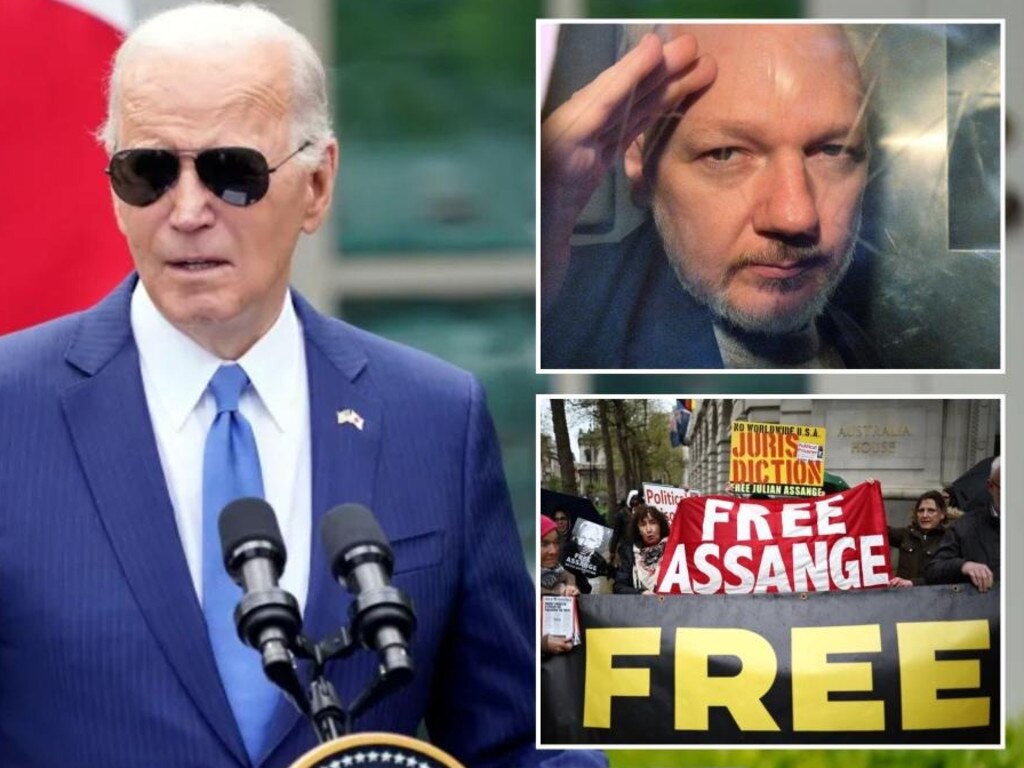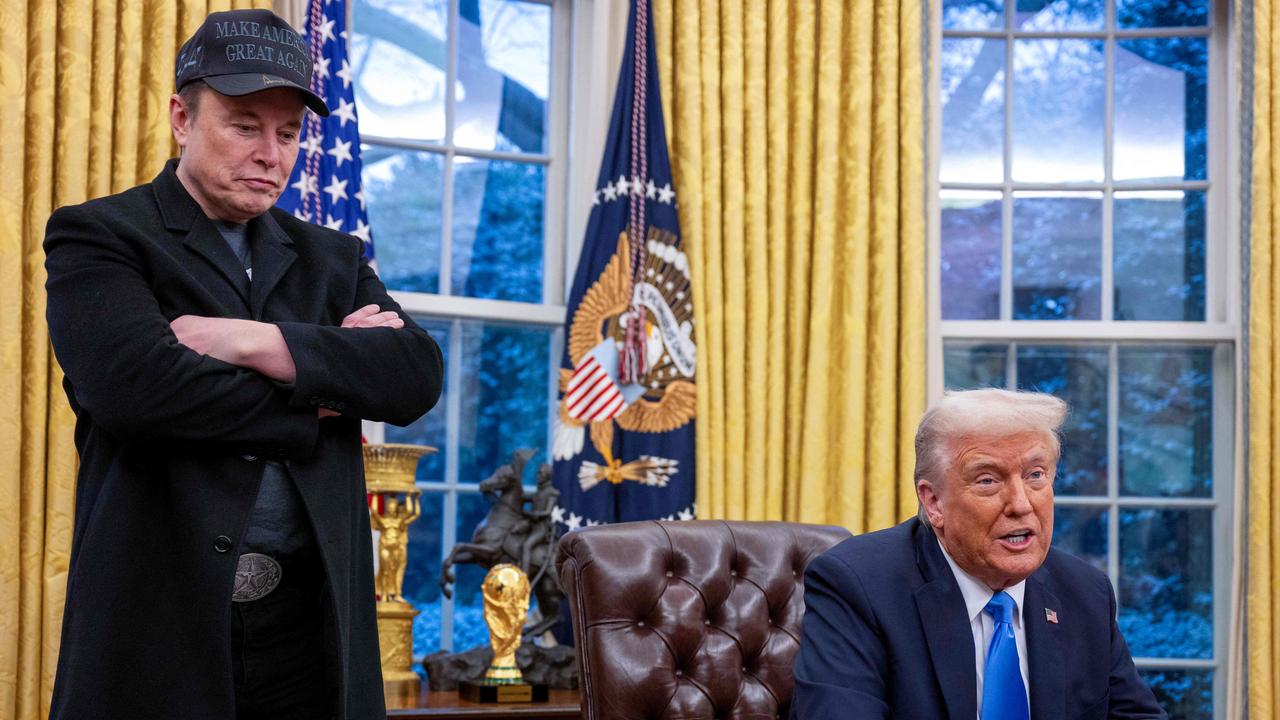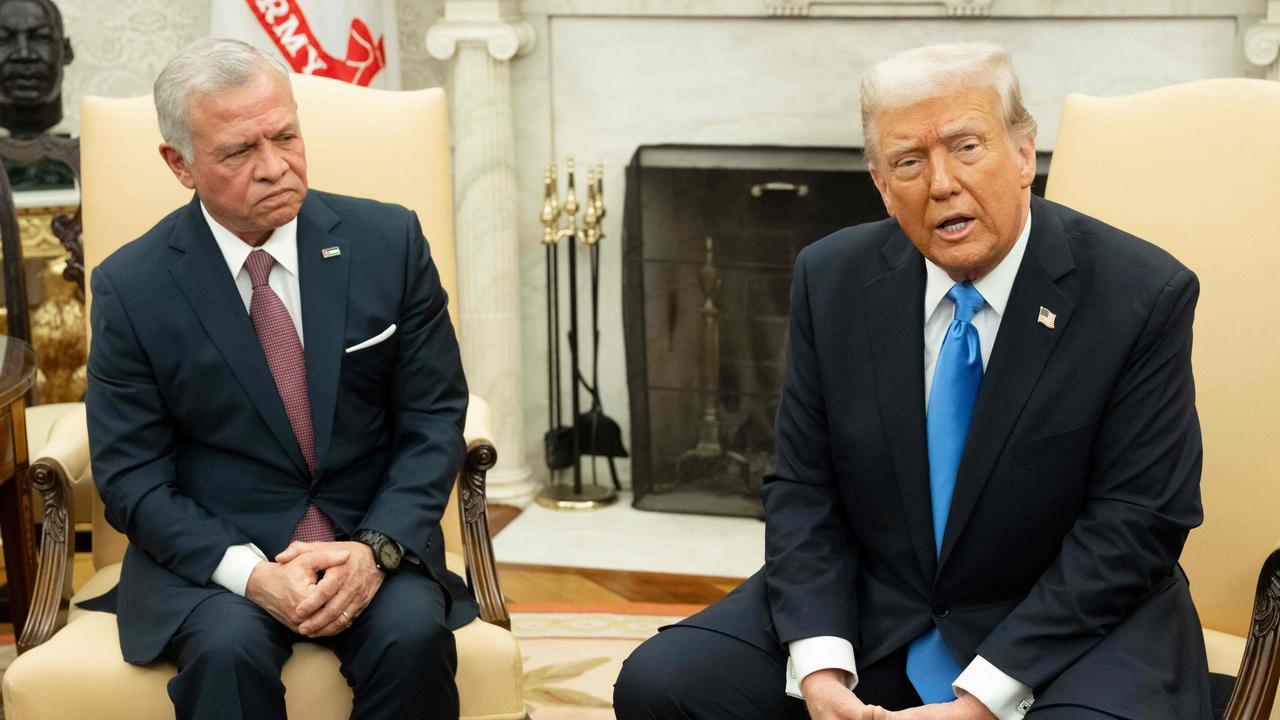‘Guilty to the information’: Julian Assange pleads in Saipan court
Dressed in a dark suit and a gold tie, the WikiLeaks founder acknowledged publishing US military secrets, entering his plea to a single felony count.

Julian Assange pleaded guilty to violating the Espionage Act during an appearance at a U.S. courthouse in the remote tropical island of Saipan, a surprise end to a legal saga that has stretched for over a decade.
In a hearing Wednesday morning local time, the WikiLeaks founder, dressed in a dark suit and a gold tie, acknowledged publishing U.S. military secrets, entering his plea to a single felony count with his supporters by his side.
When asked how he pleaded, Assange replied: “Guilty to the information.”
Judge Ramona Manglona asked: “Guilty to the sole charge?”
Assange replied: “Yes.”
“Working as a journalist, I encouraged my source to provide information that was said to be classified,” he said. “The First Amendment was in contradiction with the Espionage Act.”
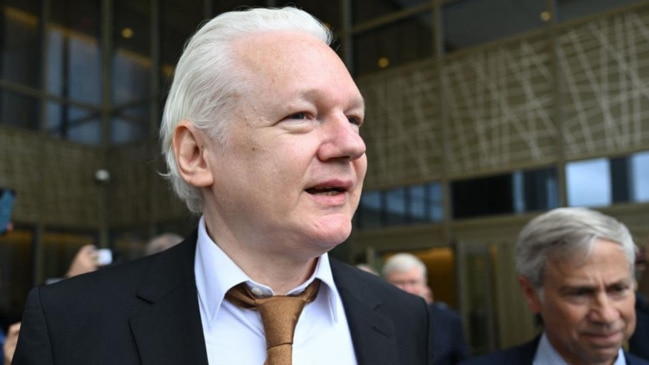
Assange told Chief Judge Ramona Manglona he understood the terms of the agreement, which he read at length at the airport in England.
Judge Manglona told him: “With this pronouncement, it appears that you will be able to walk out of this courtroom a free man.”
He was expected to be sentenced to the 62 months he already served in a London prison while he fought his extradition to the US, and allowed to return to his native Australia without spending any time in a US prison.
Julian has arrived at the federal court house in Saipan.
— Stella Assange #FreeAssangeNOW (@Stella_Assange) June 25, 2024
I watch this and think how overloaded his senses must be, walking through the press scrum after years of sensory depravation and the four walls of his high security Belmarsh prison cell.
pic.twitter.com/BzgkpWPXdy
Assange pleaded guilty to conspiring to obtain and disseminate classified information, over WikiLeaks’ publication in 2010 of thousands of confidential U.S. military records and diplomatic cables about America’s actions in Iraq and Afghanistan in the 2000s.
Assange had spent years holed up in the Ecuadorean Embassy and in prison in London, trying to avoid being sent to the U.S. to face trial. Prosecutors settled on the U.S. territory of Saipan to meet Assange’s demand that he avoid setting foot in the continental United States, while still requiring him to plead guilty to a felony.
For 80 years, this territory in the western Pacific has been best known for the epic WWII battle fought on its white-sand shores. Today, its inhabitants are hoping Assange’s brief presence there will boost their tourism industry, which took a big hit after the pandemic and has yet to recover.
“OMG it’s great PR for Saipan!,” the tourism chief for the Northern Mariana Islands, of which Saipan is a part, Christopher Concepcion said, adding: “As they say, there’s no such thing as bad publicity.” A hotel executive there, Mike Babauta, also said the attention could encourage more visitors. “Media coverage might pique interest on Saipan, encouraging people to visit out of curiosity or interest in its legal and political significance,” he said.
At 6.16am local time, a plane carrying Assange landed at Saipan International Airport, as bands of reporters and camera crews gathered near the tarmac. The courthouse where Assange entered his plea is nestled atop a hill overlooking the Saipan Lagoon.


He arrived there with his lawyer, Richard Miller, stepping out of a white van accompanied by a pair of black SUVs. Australia’s ambassador to the U.S. and former Australian Prime Minister Kevin Rudd joined him in his vehicle. A throng of reporters greeted him at the courthouse doors.
Observers in both Saipan and the U.S. weighed in Tuesday on the unusual accord, and the reaction across the political spectrum showed Assange remains a polarising figure even as his case comes to a close. Some press advocates worried that Assange was essentially pleading to a crime for actions that could be viewed as similar to those of national security journalists – working to obtain government secrets and publishing them.

“This sets a dangerous precedent, and all those who value a free press should work to make sure that it never happens again,” said David Greene, of the Electronic Frontier Foundation, a non-profit organisation that advocates for civil liberties in the digital world.
Former Vice President Mike Pence, whose administration brought the case against Assange, said the plea deal didn’t go far enough to punish the man who “endangered the lives of our troops in a time of war and should have been prosecuted to the fullest extent of the law.” Meanwhile, Robert F. Kennedy Jr., the independent presidential candidate whose bid for the White House has drawn support from some Democrats and Republicans, applauded Assange as a “generational hero.” “I am overjoyed,” Kennedy said on X, suggesting a monument be built to Assange as a “civics lesson for the American public about the importance of free speech.”
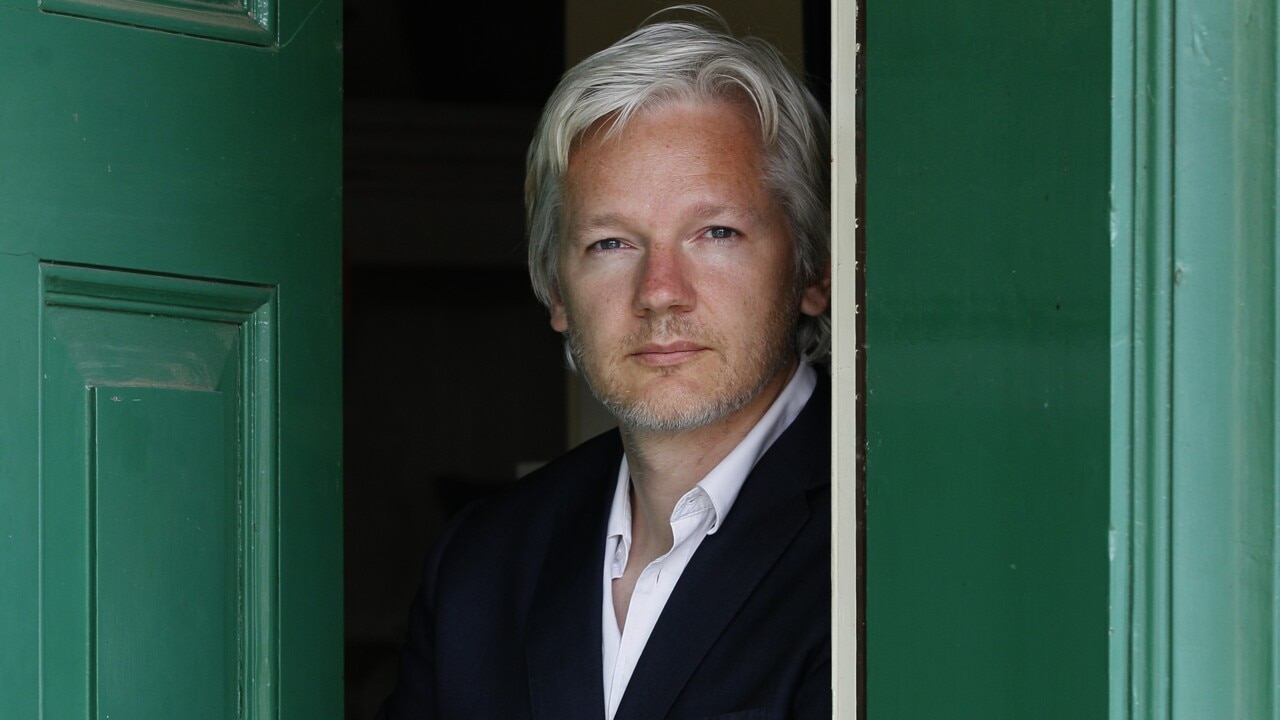
Dow Jones


